Version 2.0 of my data set validation package assertr hit CRAN just this weekend. It has some pretty great improvements over version 1. For those new to the package, what follows is a short and new introduction. For those who are already using assertr, the text below will point out the improvements. I can (and have) go on and on about the treachery of messy/bad datasets.
Rogue Scholar Beiträge
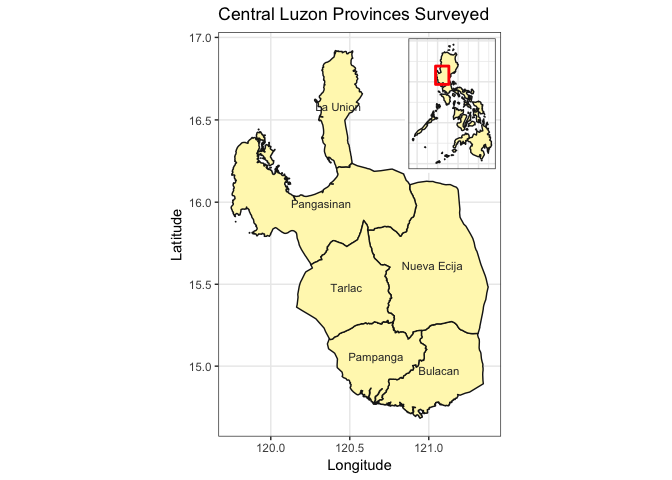
As a scientist who models plant diseases, I use a lot of weather data. Often this data is not available for areas of interest. Previously, I worked with the International Rice Research Institute (IRRI) and often the countries I was working with did not have weather data available or I was working on a large area covering several countries and needed a single source of data to work from.
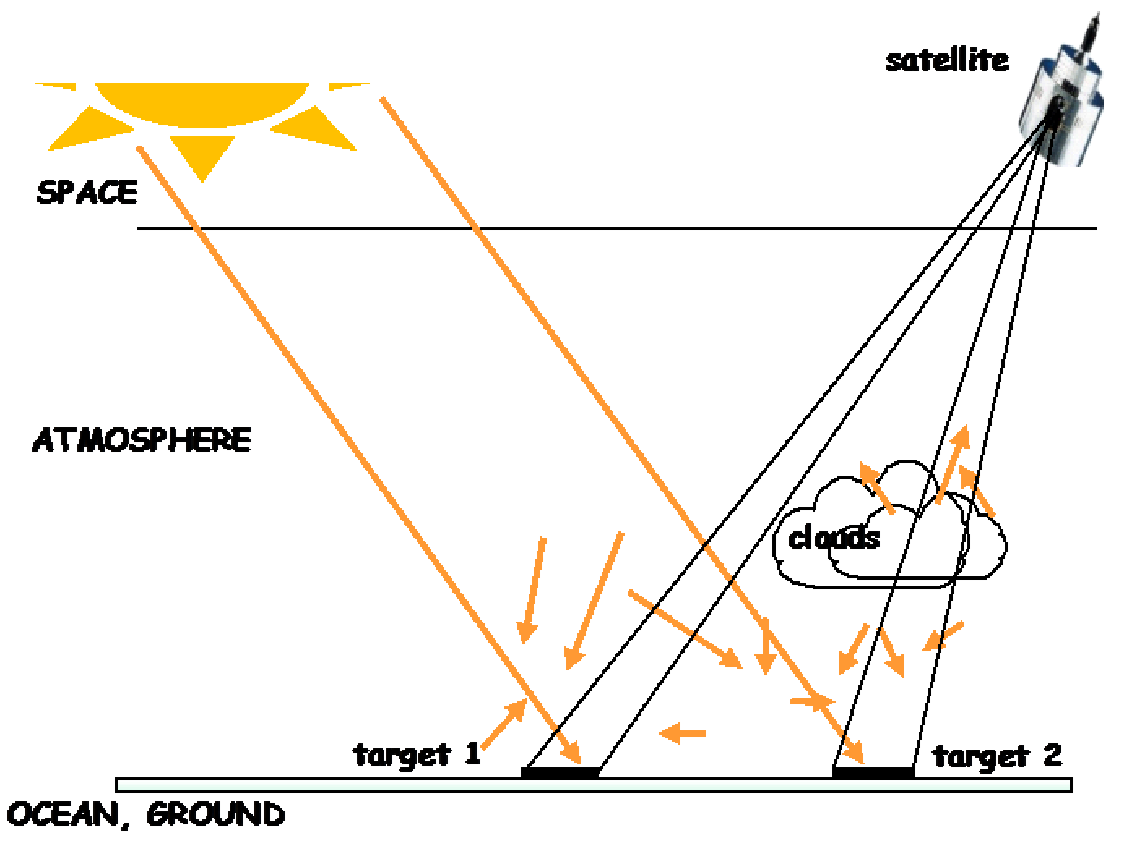
camsRad is a lightweight R client for the CAMS Radiation Service, that provides satellite-based time series of solar irradiation for the actual weather conditions as well as for clear-sky conditions. Satellite-based solar irradiation data have been around roughly as long our modern era satellites. But the price tag has been very high, in the range of several thousand euros per site.

I’ve worked for over 12 years in hydrology and natural hazard modelling and one of the things that still fascinates me is the variety of factors that come into play in trying to predict phenomena such as river floods.

Do you fancy open data, R, and breathing? Then you might be interested in ropenaq which provides access to open air quality data via OpenAQ! Also note that in French, R and air are homophones, therefore we French speakers can make puns like the one in the title.
Our Community Call on Tuesday, March 7th, 8-9 AM PST, will cover “How to ask questions so they get answered! Possibly by yourself!”. Asking questions about programming is a skill you can develop - we’re not just born with it. The speakers will cover some of the background and skills you’ll need to increase your chances of having your questions answered by your peers or by a busy expert.
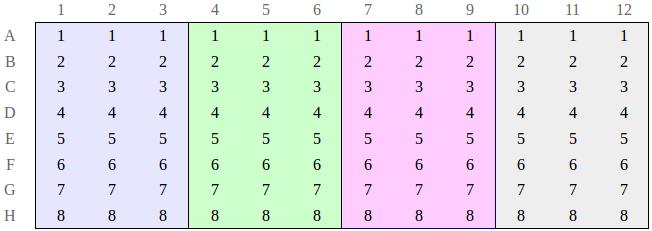
As a lab scientist, I do almost all of my experiments in microtiter plates. These tools are an efficient means of organizing many parallel experimental conditions. It’s not always easy, however, to translate between the physical plate and a useful data structure for analysis. My first attempts to solve this problem–nesting one ifelse call inside of the next to describe which well was which–were very unsatisfying.
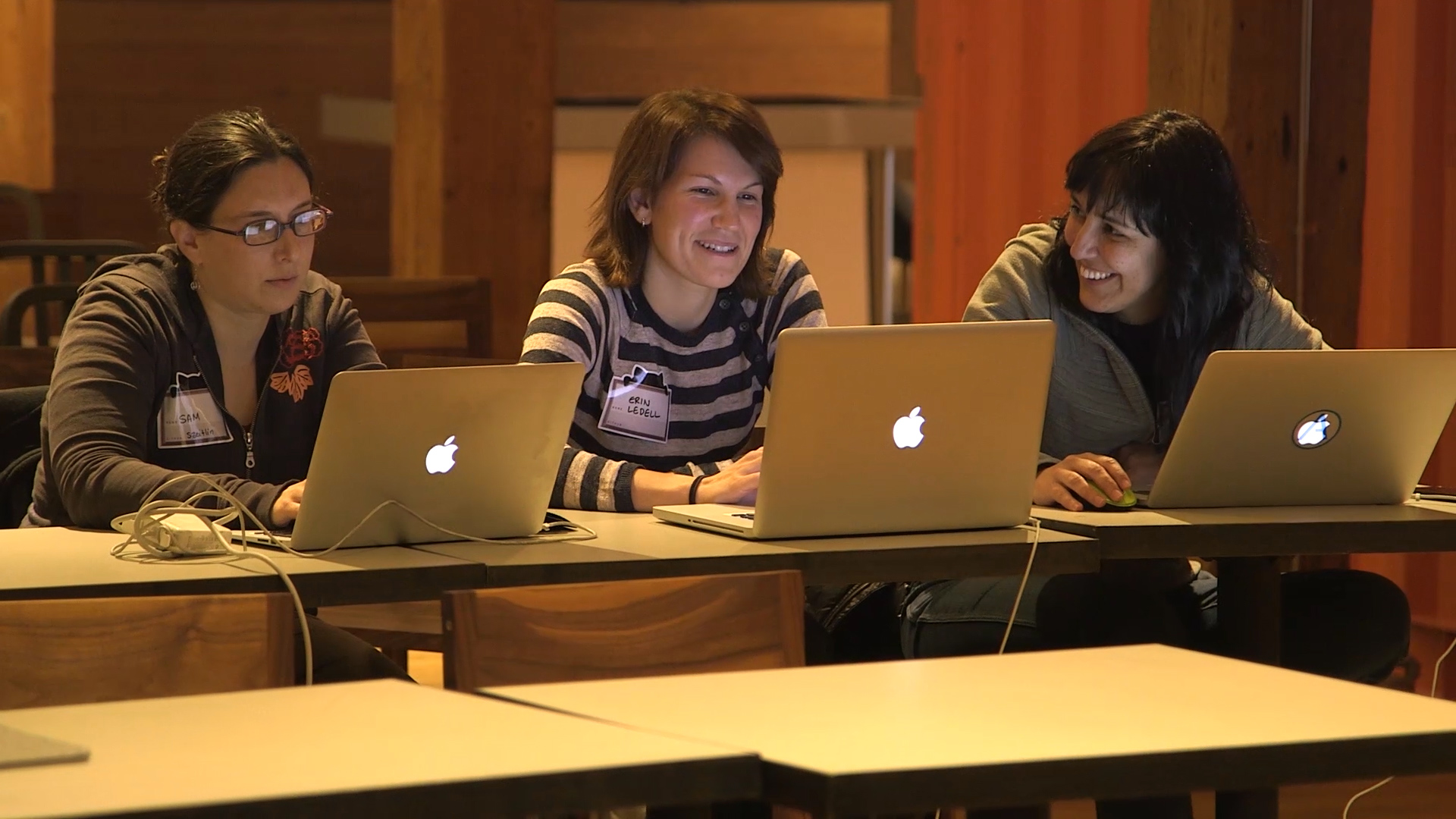
For a fourth year running, we are excited to announce the rOpenSci unconference, our annual event loosely modeled on Foo Camp. We’re organizing #runconf17 to bring together scientists, developers, and open data enthusiasts from academia, industry, government, and non-profits to get together for a couple of days to hack on various projects and generally enrich our community. The agenda is mostly decided during the unconference itself.
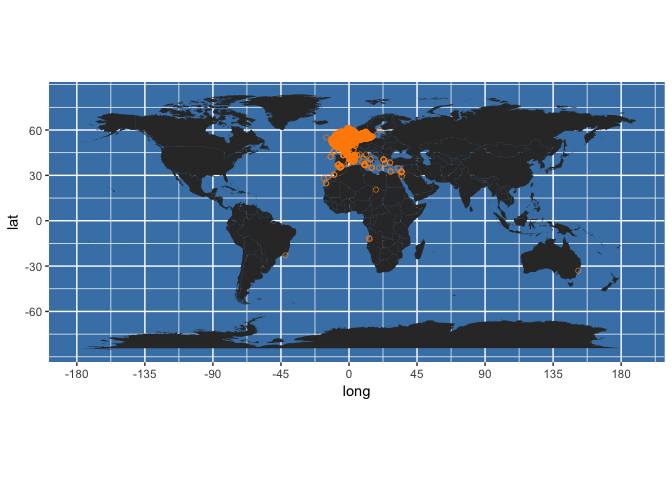
Programmatic access to biodiversity data is revolutionising large-scale, reproducible biodiversity research. In the marine realm, the largest global database of species occurrence records is the Ocean Biogeographic Information System, OBIS. As of January 2017, OBIS contains 47.78 million occurrences of 117,345 species, all openly available and accessible via the OBIS API.
A research project often starts with a bright idea and an initial commitment of volunteer time, or perhaps,a fixed term grant. But what happens after that initial activity? How can the project continue tosustain itself? (We define sustainability as the capacity to endure.